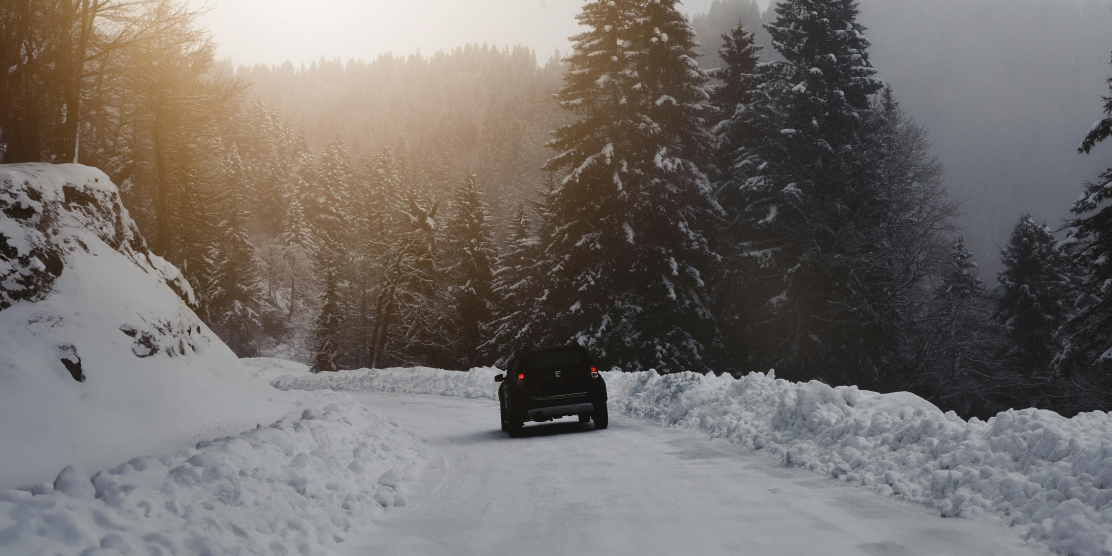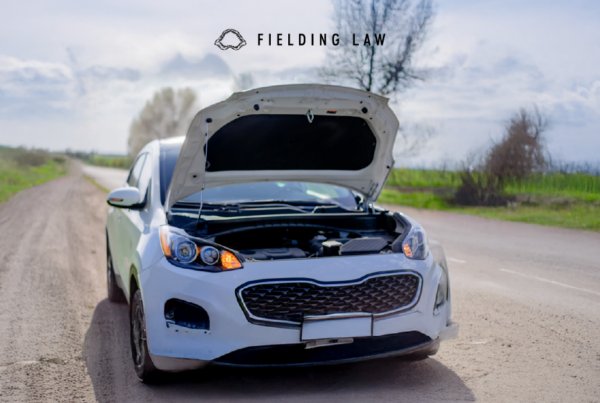The winter holiday season brings joy, celebration, and, for many, long road trips to visit family and friends. However, it also comes with a higher risk of accidents due to increased traffic and winter weather conditions. Whether you are traveling by car or taking another form of transportation, it is crucial to stay prepared and vigilant.
Follow these important holiday travel accident safety tips to keep yourself and your loved ones safe on the road.
Prepare Your Vehicle for Winter Travel
Winter road conditions can be unpredictable, so it is essential to ensure your vehicle is ready for the challenges that come with icy roads and cold weather. Before hitting the road:
- Check Your Tires: Ensure that your tires have enough tread for winter roads. If you live in or are traveling through areas with heavy snow, consider using winter tires.
- Test Your Brakes: Make sure your brakes are responsive, as stopping distances increase in icy conditions.
- Stock an Emergency Kit: Pack an emergency kit that includes blankets, water, non-perishable food, a flashlight, and a first-aid kit. It is also smart to carry jumper cables and a spare tire.
- Top Off Fluids: Check your windshield wiper fluid and coolant levels, and ensure you are using a winter-friendly wiper fluid that will not freeze.
Plan Your Route and Timing
Holiday travel often means busy highways and congested city streets. By planning ahead, you can reduce your chances of getting stuck in traffic or rushing, both of which increase accident risks.
- Use GPS and Traffic Apps: Tools like Google Maps or Waze can help you avoid heavy traffic, road closures, and accidents along your route.
- Give Yourself Extra Time: With holiday traffic and possible winter storms, travel can take longer than expected. Plan for delays so that you are not tempted to speed or take unnecessary risks.
- Avoid Peak Travel Times: If possible, try to travel during off-peak hours. Early mornings and late evenings often have less traffic, which can make for safer driving conditions.
Practice Winter Driving Safety
Once you are on the road, it is important to adjust your driving habits to account for the unique dangers of winter weather. Snow, ice, and sleet can create hazardous conditions, so keep these tips in mind:
- Slow Down: Speed limits are set for ideal conditions. In bad weather, slow down to give yourself more time to react.
- Increase Following Distance: Leave extra space between your vehicle and the one in front of you to accommodate longer stopping distances on slippery roads.
- Avoid Sudden Movements: Sudden braking or sharp turns can cause your vehicle to lose traction. Gradually apply the brakes and steer smoothly to maintain control.
- Use Low Beams in Snow: If you encounter heavy snow or fog, use your low beams instead of high beams to reduce glare and improve visibility.
Be Prepared for Emergencies
No one expects to be stranded or involved in an accident, but preparation can make a big difference in keeping you safe. Here are a few more precautions to take:
- Keep Your Gas Tank Full: Avoid running low on gas during winter travel. If you get stuck in traffic or stranded, you will need fuel to keep warm.
- Charge Your Phone: Make sure your phone is fully charged before hitting the road and carry a portable charger with you in case of emergencies.
- Know Who to Call: Save important numbers, such as roadside assistance and local towing services, in your phone.
Why Choose Fielding Law?
At Fielding Law, we are committed to providing compassionate, expert legal representation. We understand how overwhelming an accident can be, especially during the holiday season. Our caring and capable team will handle all aspects of your case, from dealing with insurance companies to fighting for the compensation you deserve.
We are here to help you through this challenging time, allowing you to focus on your recovery. Call Fielding Law at 833.88.SHARK to speak with an attorney who will fight for your best interests.
Note: Information provided is for educational purposes and does not constitute legal advice. Always consult with a qualified attorney for legal concerns.





